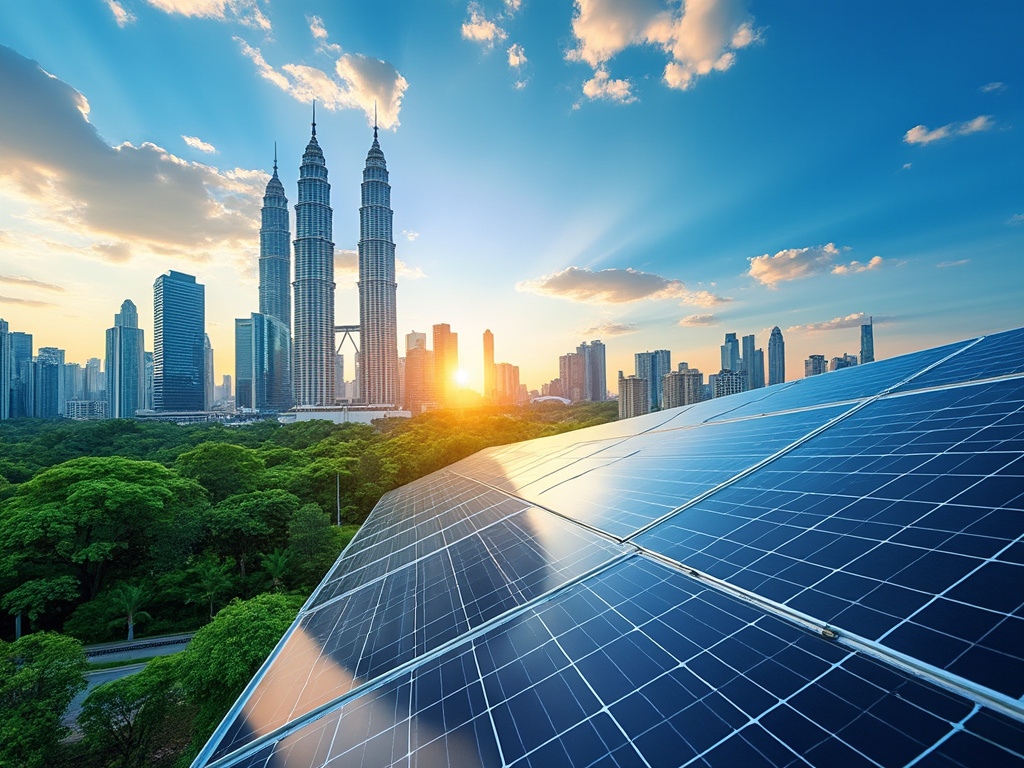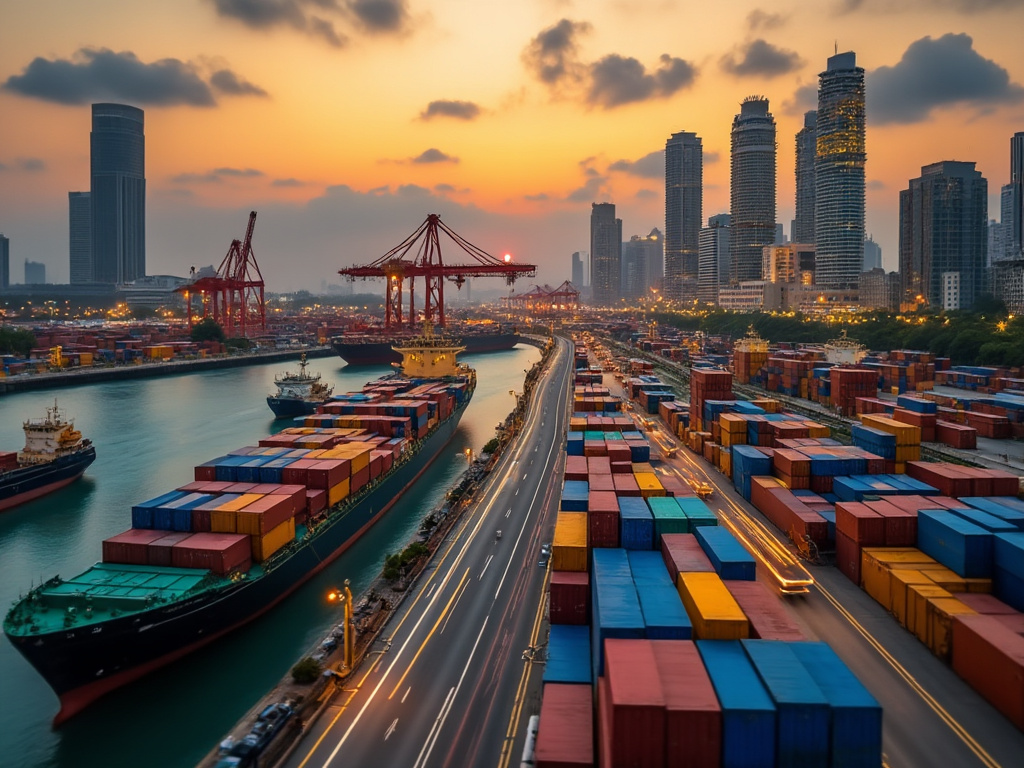
New tariffs imposed by the US threaten to disrupt Malaysia's solar industry as part of a broader rollback on climate commitments.
Malaysia's renewable energy sector, valued at approximately US$3.8 billion, faces significant challenges as President Donald Trump's administration announces steep tariffs on solar products.
This move, which includes a 24 percent tariff on Malaysian goods, is part of a larger strategy that also involves cutting climate financing and withdrawing from global climate agreements.
Analysts describe this development as a 'triple whammy' that could hinder the clean energy transition across Southeast Asia.
In 2022, Malaysia ranked as the world’s third-largest producer of solar photovoltaic (PV) components, essential elements for solar panel production.
The country is also a significant manufacturer of polysilicon, a key material required in solar technology.
Alongside Vietnam, Thailand, and Cambodia, Malaysia constitutes a critical supply chain for the solar sector; these nations collectively contributed to over 80 percent of US solar PV imports in the first half of 2024.
The recently announced tariffs are expected to increase import costs for US buyers, which could place additional financial strain on Malaysia's solar manufacturers and the broader regional industry.
Southeast Asian economies, including Malaysia, have established strategies focused on the clean energy transition as part of their growth plans.
However, experts caution that a potential resurgency of fossil fuel reliance in the US could derail these initiatives, complicating efforts towards sustainable energy development in the region.
This move, which includes a 24 percent tariff on Malaysian goods, is part of a larger strategy that also involves cutting climate financing and withdrawing from global climate agreements.
Analysts describe this development as a 'triple whammy' that could hinder the clean energy transition across Southeast Asia.
In 2022, Malaysia ranked as the world’s third-largest producer of solar photovoltaic (PV) components, essential elements for solar panel production.
The country is also a significant manufacturer of polysilicon, a key material required in solar technology.
Alongside Vietnam, Thailand, and Cambodia, Malaysia constitutes a critical supply chain for the solar sector; these nations collectively contributed to over 80 percent of US solar PV imports in the first half of 2024.
The recently announced tariffs are expected to increase import costs for US buyers, which could place additional financial strain on Malaysia's solar manufacturers and the broader regional industry.
Southeast Asian economies, including Malaysia, have established strategies focused on the clean energy transition as part of their growth plans.
However, experts caution that a potential resurgency of fossil fuel reliance in the US could derail these initiatives, complicating efforts towards sustainable energy development in the region.























